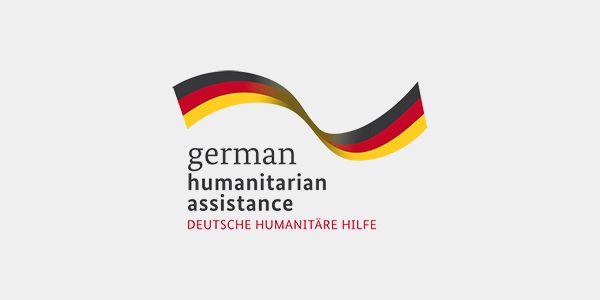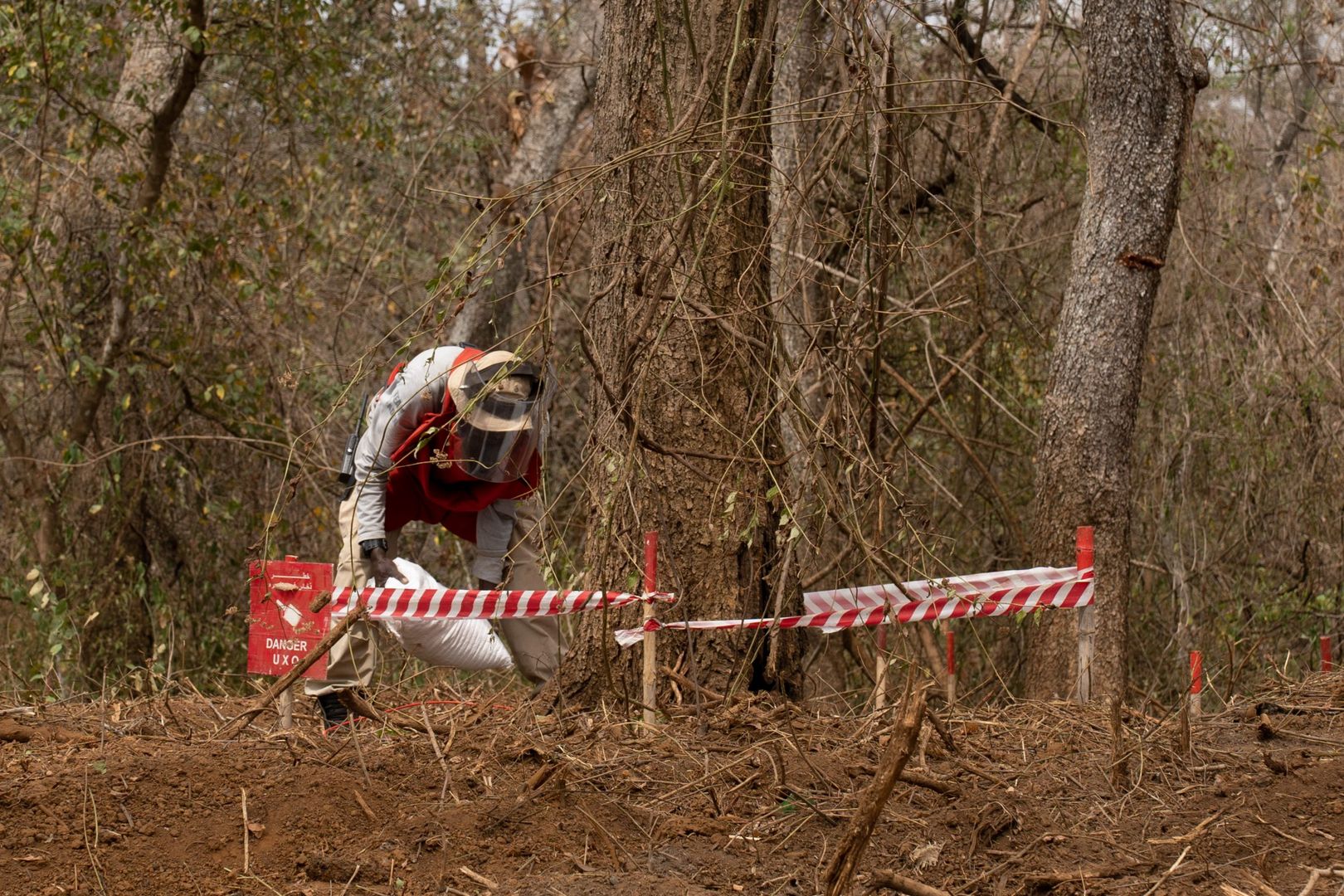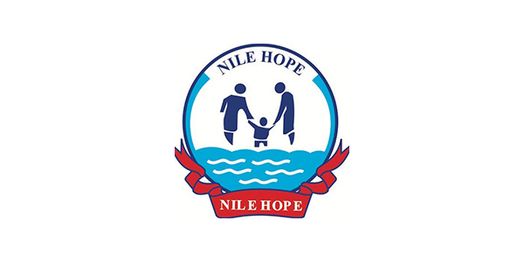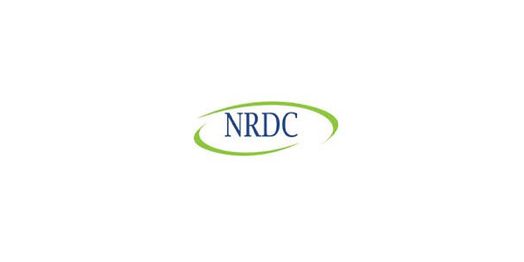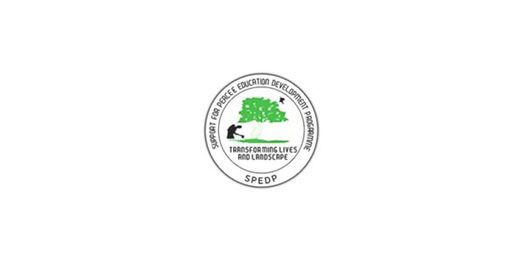The Issue
The humanitarian situation in South Sudan remains critical, marked by ongoing challenges since the country’s independence in 2011. The South Sudanese people endure the compounding effects of various crises, including heightened insecurity, inter-communal violence, the Sudanese crisis in 2023, climate-related shocks like floods and localized droughts, and an economic downturn fuelled by currency devaluation and rising commodity prices.
These factors significantly impact food security and livelihoods, and give rise to protection concerns, leading to displacement and an increased demand for humanitarian assistance. As per the Humanitarian Needs and Response Plan (HNRP) for South Sudan in 2024, an estimated 9 million people will require critical humanitarian assistance, with 7.1 million South Sudanese in need of food assistance.
The Project
To save lives and enhance the well-being of conflict and climate-affected vulnerable individuals and communities in South Sudan, DCA has undertaken various initiatives. These include clearing and releasing explosive-contaminated land for productive use, raising awareness about explosive threats and promoting safe behaviour. Additionally, DCA has established community-led and women-led protection groups, emphasizing awareness, and advocating for Gender-Based Violence (GBV) prevention.
The initiatives incorporated multi-purpose unconditional cash distributions, community asset rehabilitation through Cash for Work, emergency food production support with livelihoods inputs, improving income generation opportunities through training and start-up support, connecting communities to established savings and loans groups, and strengthening markets. An Emergency Response Mechanism (ERM) is also in place for crisis response.
In addressing climate change, DCA has supported the establishment of community-managed responses to natural and climate-related hazards, such as flood response. The organization conducted an assessment of local partner capacity, developed improvement plans, provided relevant training, consolidated lessons learned into a learning paper, and assisted local partners in developing robust organizational strategies. This comprehensive approach aimed to foster resilience and sustainable development in the face of ongoing challenges.
Enjoying safe farming and higher income – meet Margaret
38-year-old Margarat Akongo lives in Magwi in Eastern Equatoria.
She is farming on land that was cleared by DCA between 2022 and 2023.
The area was highly contaminated by cluster munition and even though she knew about the hazards, she had no other choice but to keep cultivating to feed her family.
After DCA cleared the land Margarat’s income increased by 160% due to increased yields.
She also felt safer and happier working in her field every day.

The Change
The project aimed to significantly impact the lives of conflict and climate-affected individuals and communities in South Sudan through a range of initiatives. By clearing and releasing explosive-contaminated land, raising awareness about explosive threats, and establishing community-led and women-led protection groups, the intervention sought to enhance safety and well-being.
The introduction of multi-purpose unconditional cash distributions, community asset rehabilitation via Cash for Work, emergency food production support, and improved income generation opportunities through training and start-up support contributed to the economic recovery of communities. Connecting them to established savings and loan groups and strengthening local markets further promoted sustainable development.
The Emergency Response Mechanism (ERM) is designed to provide timely crisis response, ensuring immediate assistance during sudden shocks. In addressing climate change, the project supported the establishment of community-managed responses to natural and climate-related hazards, with a particular focus on flood response.
To measure success, the project anticipated tangible results, including the productive use of cleared land, increased awareness and safe behaviour, the empowerment of community-led protection groups, improved economic conditions through cash distributions and livelihood support, enhanced resilience to climate-related hazards, and strengthened organizational capacities of local partners. Overall, the intervention sought to create a positive and lasting impact on the well-being and sustainable development of the targeted communities in South Sudan.
The Partners
The Results
- Mine Action: DCA works to reduce landmine and Explosive Remnants of War (ERW) threats in South Sudan’s Eastern Equatoria state. The initiative focuses on clearing contaminated land, disposing of explosives, and providing Explosive Ordnance Risk Education (EORE) to at-risk groups, aiming to save lives and enhance community services.
- Community-led Protection Structures: The project establishes 13 Community Protection Committees (CPCs) in targeted payams, comprising 410 members. Elected through community meetings, these committees receive training on protection principles, and identifying threats through participatory exercises. The resulting action plans guide communities in responding to protection concerns and safeguarding displaced individuals and host communities.
- Multi-purpose Cash Transfers: The project provides unconditional cash transfers to 5,852 vulnerable households during the lean season, supporting families in purchasing essentials. Community consultations optimised distribution, preventing displacement and promoting local economic recovery.
- Food Production and Livelihoods: Supporting 5,900 households (35,400 individuals) with seeds and tools, the project enhances crop yields and links farmers to local traders. Market strengthening activities ensures resilience and recovery of seven key markets, promoting sustainable economic growth.
- Cash-based Emergency Response Mechanism (ERM): The ERM serves as a life-saving measure, providing immediate assistance to 1,350 households (8,100 individuals) affected by sudden shocks like COVID-19 or floods. Rapid assessments and cash distributions enable timely support, enhancing multi-purpose cash distributions if the ERM is not triggered within 24 months.
- Community-managed Disaster Risk Reduction (CMDRR): To prevent flood damage, 18 flood task forces are established in Eastern Equatoria, consisting of 330 members. These task forces develop action plans, reinforcing flood defences and engaging 3,700 households (22,200 individuals) through cash for work during the dry season to reduce damage and displacement during heavy rains.
About
Title: Multi-sectoral and integrated humanitarian response with a focus on food security and livelihood for conflict and climatic shocks affected vulnerable people and communities in Somalia, South Sudan and Ethiopia
Period: 1 July 2021 to 31 December 2023 (30 months)
Partners:
- Nilehope – Strengthening Communities for Sustainable Development
- NRDC | National Relief and Development Corps (nrdcsouthsudan.org)
- Supprt for Peace and Education Development Programme – “An inclusive and transforming society that lives in peace and dignity”
Amount: € 7,998,925.00
Number of people reached: 208,586
Donor(s): Diakonie Katastrophenhilfe (German Federal Foreign Office)

